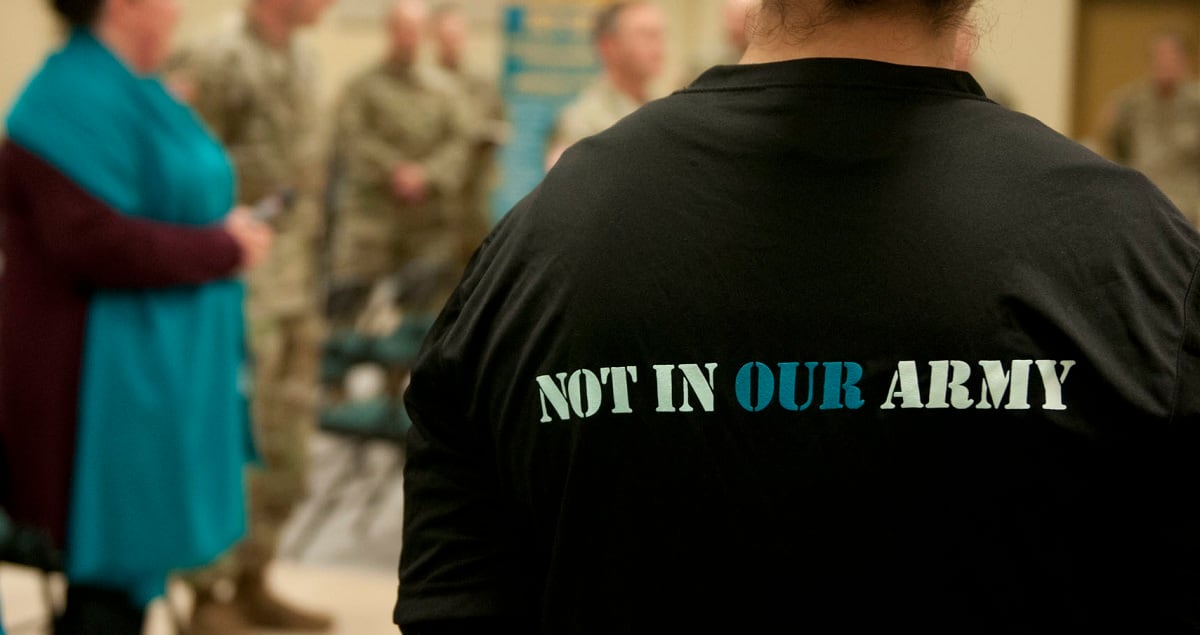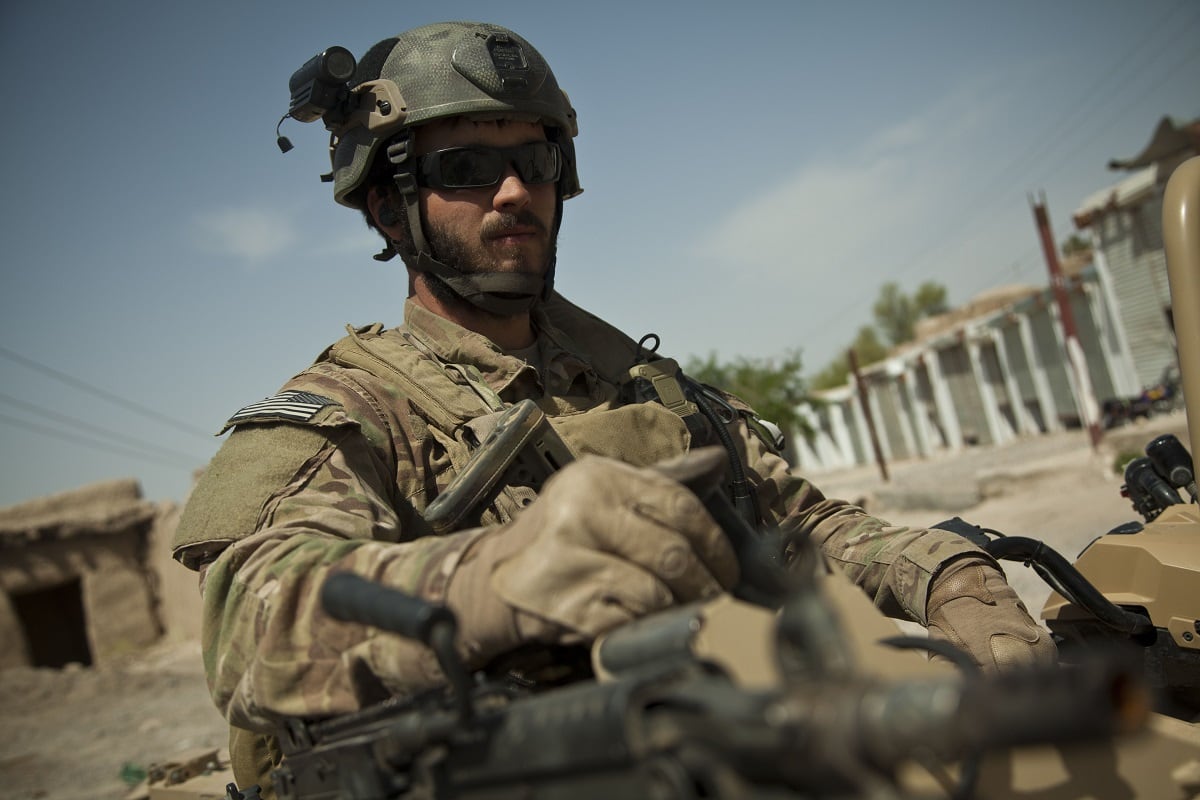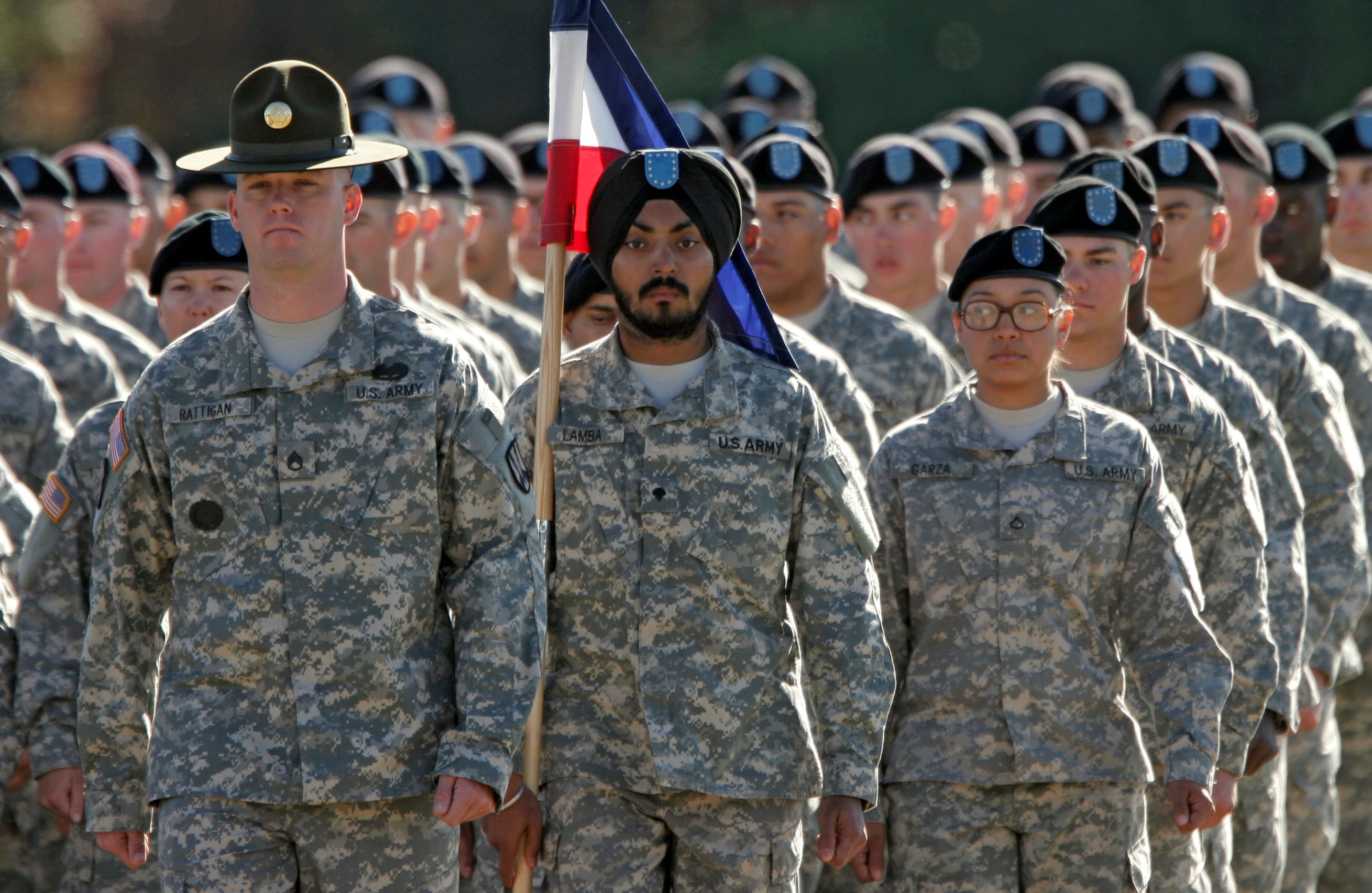The Army’s top leadership has been going through pretty much the entire organization with a fine-toothed comb this year, from a new fitness test to a non-deployable policy, and now they’re rolling out some tweaks to the service’s religious accommodation rules and mandatory training for sexual assault and substance abuse prevention, among others.
In two memos signed on Nov. 8, Army Secretary Mark Esper laid out new processes for allowing religious soldiers to wear distinguishing symbols, as well as refined guidelines for completing mandatory Sexual Harassment/Assault Response and Prevention, Equal Opportunity, suicide prevention, substance abuse prevention and resilience training.
“The emphasis on leaders delivering quality training to soldiers on the topics contained in this directive must be on building readiness, not compliance,” Esper wrote.

Since April, Esper has released 16 memos to reduce administrative burdens on leaders. In that same vein, these new policies are designed to flatten processes.
Soldiers seeking to wear a hijab in uniform or grow a beard for religious reasons have, in the past, submitted a request for an exception to uniform policy to their brigade commanders, who then consulted with Army headquarters on whether to grant it.
Now, that approval authority has been bumped to the general court-martial convening authority level, otherwise known as the lowest-ranking general officer responsible for the soldier’s command.
At that level, that particular officer will have in-house access to experienced chaplains and Army attorneys to consult on the decision.
RELATED

“When evaluating the sincerity of a soldier’s articulated belief, the GCMCA will consider the credibility of the application and the circumstances of the request,” Esper wrote. “A religious practice may be an action, behavior, or course of conduct constituting an individual expression of religious beliefs, regardless of whether the practice is compelled by, or central to, the religion concerned.”
Meanwhile, commanders have some new guidelines for mandatory behavioral training.
- Mandatory SHARP training must be conducted face-to-face using Army Training Network materials and with the help of a credentialed SHARP expert. Online training is no longer required.
- Equal opportunity training must also be done face to face, but now yearly as opposed to quarterly.
- Yearly suicide prevention training, substance abuse prevention training and resilience training must be done face-to-face, with the optional help of chaplains, legal experts, master resilience trainers or other subject matter experts.
Commanders will incorporate everything into their unit training plans and use assessments to keep track of risk areas, though when, where and how training is done is up to them.
Meghann Myers is the Pentagon bureau chief at Military Times. She covers operations, policy, personnel, leadership and other issues affecting service members.




